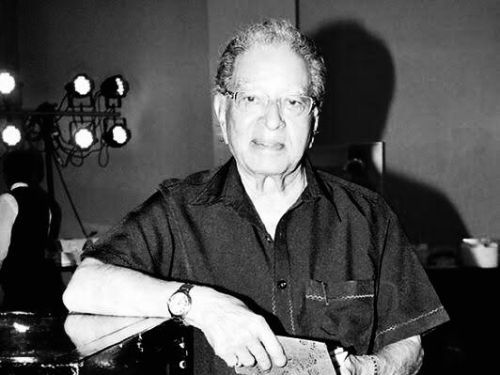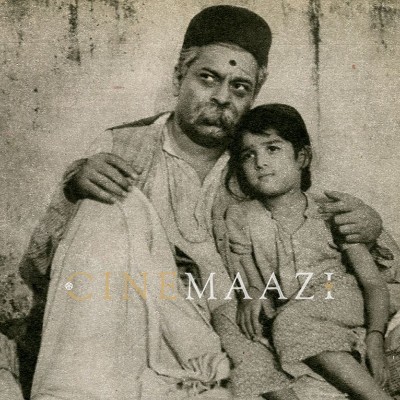J Om Prakash

Subscribe to read full article
This section is for paid subscribers only. Our subscription is only $37/- for one full year.
You get unlimited access to all paid section and features on the website with this subscription.
Not ready for a full subscription?
You can access this article for $2 , and have it saved to your account for one year.
- Real Name: Om Prakash Juneja
- Born: 24 January, 1927 (Sialkot, Punjab)
- Died: 7 August, 2019 (Mumbai)
- Primary Cinema: Hindi
- Children: Pinky Roshan
One of the most successful producers and directors of the 60’s and 70’s, J. Om Prakash’s films always left an impression with their tightly scripted narratives and memorable music. Born on 24 January 1927 he came from humble beginnings. His father was a school teacher from Lahore who encouraged him to always keep an open mind. He began working as a clerk in a distribution office in Lahore when he was 19 years of age. After the Partition, he migrated to Bombay and worked various jobs over the next eight years. At one point he was the Bombay correspondent of two Delhi based film periodicals – Film Critic and Cine Herald. In 1956 he met Mohan Segal who was impressed with his knowledge of the film business and his accounting skills. He was appointed as the general manager of De Luxe Films. In 1959 he started his own banner Film Yug.
In 1961, he produced his first film, Aas Ka Panchi. Over the next two decades, he delivered a series of box office successes such as Ayee Milan Ki Bela (1964), Aaye Din Bahar Ke (1966), Aya Sawan Jhoom Ke (1969), Aan Milo Sajna (1970) and Aankhon Aankhon Mein (1972). It is known that when he started his second film, Ayee Milan Ki Bela, It was a black and white film. After the film's muhurat, J Om Prakash changed it to a color film when his friends suggested doing so. Though it was expensive to get raw stock of color negatives, he took the challenge and made a color film at the end. In 1973 he made his directorial debut with Aap Ki Kasam, a bold film centered on a woman who leaves her husband when she is suspected of infidelity. He was also the producer of Gulzar’s controversial film Aandhi (1975). He directed successful Punjabi language film Aasra Pyaar Da (1983). It is also peculiar to note that the title of most of his films started either with "A" or "Aa".
J. Om Prakash was known to be a meticulous planner who organized and supervised every aspect of the films he made. He had extensive knowledge of classical and folk music, which allowed him to share his insights in the music-making process. His films were known for their remarkable melodies which were an important factor behind their success. The hit song Tum roothi raho main manaata rahoo was inspired from a Punjabi folk song which was suggested by Om Prakash. While he worked with Shanker-Jaikishan in the beginning, his most extensive collaboration was with Laxmikant-Pyarelal. He offered Laxmikant-Pyarelal their first big film with Aaye Din Bahar Ke. They worked together for 12 films – all featuring tremendously popular music. He also worked with R.D. Burman and Nadeem-Shravan in his later career.
During his career, he has held several official administrative positions. He has been the president of Indian Motion Pictures Producers’ Association and the Film Producers’ Guild. He is also a former president of the Film Federation of India.
J. Om Prakash passed away on 7th August 2019 in Mumbai. His legacy is continued in the film industry by his son-in-law Rakesh Roshan and grandson Hrithik Roshan. His immensely successful career is a testament to the work ethic necessary to produce films. He always had his finger on the pulse of the people and delivered entertainers without having to stoop to exploitative strategies.
References
"Content and Contentment". Archived from the original on 24 January 2007. Retrieved 6 November 2019.
“J Om Prakash – A Watchdog Over His Projects”. Filmfare 21 March 1975 Vol. 24 No. 6.










.jpg)



